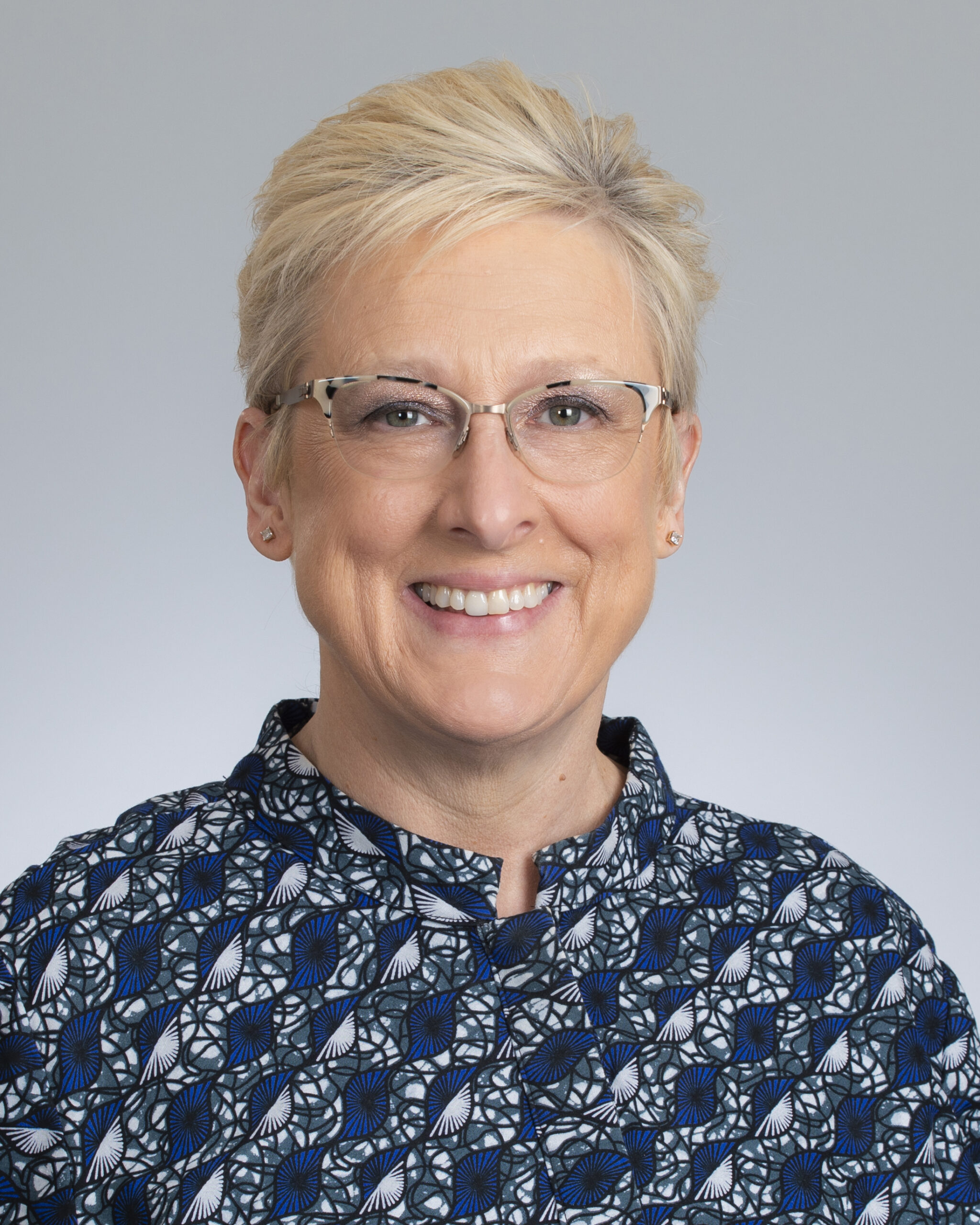The Book of Exodus tells the story of the Israelites’ experience of liberation from bondage to the Egyptian empire. It is a timeless telling of how minority groups are enslaved by governments to serve the purposes of the majority. What makes this book so amazing is that without the efforts of five women in the first two chapters, the chosen leader for the Divine’s emancipatory intention, MosesProphet who led Israel out of Egypt to the Promised Land and received the law at Sinai. More, would not have survived infancy.
It is important to understand the backdrop for Exodus. By the end of Genesis, the children of JacobThe son of Isaac and Rebekah, renamed Israel, became the father of the twelve tribal families. More with RachelLaban's younger daughter and Jacob's second wife. More & LeahLaban's oldest daughter and Jacob's first wife. More are in Egypt, but not as slaves. Joseph has saved not only his family from the famine but also the Egyptians. He is in a place of power and leadership; the pharaoh’s “right-hand” man. By the beginning of Exodus, however, things have changed. A new ruler comes to the throne in Egypt, who does not know the story of Joseph. By this time, the “Hebrews” (Israelites) had become numerous. The Egyptian ruler gets worried, and so he decides to enslave them and work them hard, hoping this will keep them from reproducing so well. It doesn’t work, so he decides to take a more severe measure. Pharaoh orders that all Hebrew males be killed at birth. Given the male-dominated society behind the Hebrew Bible, one could see why killing sons makes a statement, but as it turns out, females were a greater danger to his power.
In Exodus 1:15, we meet two Hebrew midwives: Shiphrah and Puah. Given the fact that women’s names are scarce in the biblical texts, it is noteworthy that we know the names of these two women, although the Egyptian ruler remains nameless. What we don’t know is the meaning of “Hebrew midwives.” Were they Hebrew women who delivered babies? Or were they Egyptian (or some other ethnicity) women who attended the births of Hebrew women? What we do know is that they were viewed by Pharaoh as subjects, perhaps even slaves. They had no authority, and they were expected to follow his orders or else. The text tells us that they “feared God” and refused to kill the children. When the ruler finds out that all male children are not being killed, he calls Shiphrah and Puah before him and asks for an explanation. They say that the Hebrew women are not like other women. They give birth before the midwife can arrive. Once they have the baby in their arms, it would be impossible to kill it. Shiphrah and Puah are not only brave and bold to lie, but they are also very shrewd in how they lie. Why is this such a good lie? Because they are playing on the ruler’s ignorance. Men knew nothing about the birthing process and did not want to know anything. Therefore, they could make up a rather unbelievable explanation, and he would believe it. Perhaps, they were making fun of the ruler’s ignorance.
Shiphrah and Puah lied for the faith, and God took note of their faithfulness.
They are blessed with households as large as the Israelites, whom they had saved.
Perhaps they were midwives because they had been unable to have children, so the blessingBlessing is the asking for or the giving of God's favor. Isaac was tricked into blessing Jacob instead of his firstborn Esau. At the Last Supper Jesus offered a blessing over bread and wine. To be blessed is to be favored by God. More is that they will have children, maybe daughters, who could carry on their tradition of civil disobedience.
We move now to the next scene, remembering that the Pharaoh has now ordered that all Hebrew male children be thrown into the Nile and left to die. The text introduces us to a LeviteA Levite was a member of the tribe of Levi. This tribe had priestly and political responsibilities for the Israelites. Levites appear prominently in Old Testament accounts, and they accompany priests to question John the Baptizer's identity early in John's Gospel. More couple, and we are told that the woman gets pregnant and bears a child whom she tries to hide because she loves him. In fact, she sees the child as being “good,” maybe a parallel to the way that God declares creationCreation, in biblical terms, is the universe as we know or perceive it. Genesis says that in the beginning God created the heavens and the earth. In the book of Revelation (which speaks of end times) the author declares that God created all things and... More is “very good” in Genesis 1:31. While we don’t get the mother’s name here, from Exodus 6 and Numbers 26, we learn that her name is “Yocheved.”
Yocheved hides the baby as long as she can. Knowing that her child would be killed if others found him, she builds a basket, seals it up so it will float, to save the baby’s life, echoing the ark NoahBuilt the ark in which his family and the animals were saved from a flood. More built (Genesis 6). Then she puts him in the Nile, and his sister watches over him. We do not get a name for the sister, but based on later genealogies, it is quite possible that she is MiriamMoses' and Aaron's sister who danced after the exodus. More. What does Jochebed hope to accomplish by doing this? Did she know that the Pharaoh’s daughter bathed at that location regularly and hoped another woman might choose life for the infant? If so, her plan works.
The Pharaoh’s daughter finds him there. She has her maidservants bring her the basket, she sees the baby, and she takes pity on him, and she decides to keep him. She seems to know that this is a Hebrew male child, and so by taking him in and protecting his life, she is endangering her own safety. She, too, is ignoring the law of her very father. This unnamed daughter is a good example of how those who benefit from oppressive structures can be, and maybe should be, the ones to turn the situation around. At this point, the baby’s sister steps forward and offers to find a Hebrew woman to nurse the child. In a great Divine coincidence, Jochebed has her son returned to her and nurses him until he is weaned. Then, she returns the boy to Pharaoh’s daughter, who names him and raises him as her own in Pharaoh’s palace.
In the first four chapters of Exodus, five women are responsible for ensuring that God’s desire to liberate the oppressed is successful. And they do this through civil disobedience, quick thinking, and faithful actions. While in the beginning of chapter 1 and chapter 2, God is not mentioned, women are doing God’s work on behalf of the people. This section of Exodus reminds us of the important role women have played throughout history to protect their people. Women like Sojourner Truth, Mother Teresa, Las Abuelas de Plaza de Mayo, and others have worked with the HolyHoly is a term that originally meant set apart for the worship or service of God. While the term may refer to people, objects, time, or places, holiness in Judaism and Christianity primarily denotes the realm of the divine More to provide paths to the future for those who feel hopeless.






